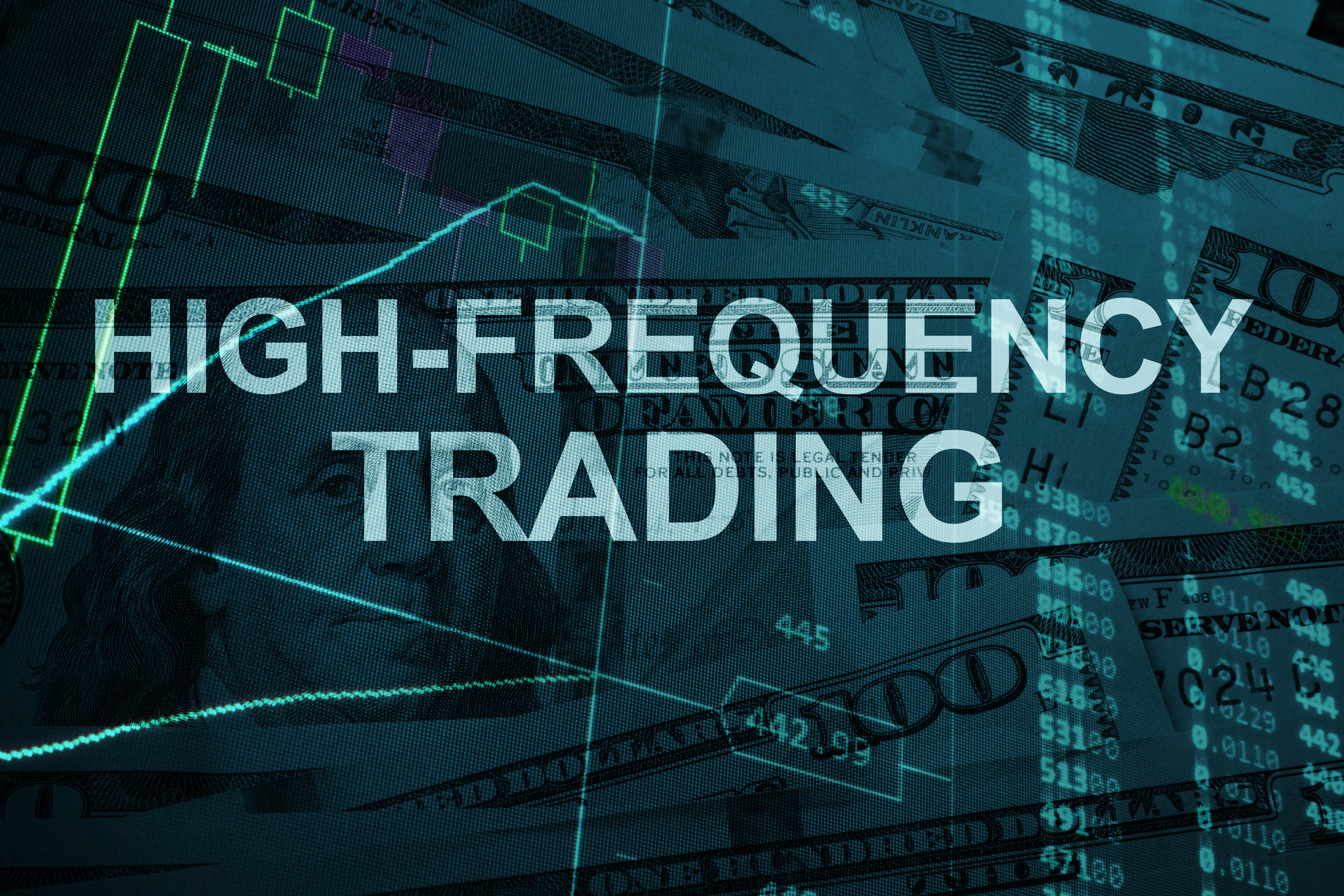While the term "hypermarket" may not ring any bells, there's a good possibility you're familiar with the concept. Well-known hypermarket chain stores include Walmart(NYSE:WMT) Supercenter, Super Target, and Fred Meyer. But what is a hypermarket?

What is a hypermarket?
A hypermarket is a retail store that combines a department store and a grocery store under one roof. Common goods these stores carry include everything from clothing, household items, and electronics to fresh and frozen produce as well as processed food items. A hypermarket might also sell household items like appliances and furniture.
Fred Meyer's Portland, Oregon, location, which combined a pharmacy and retail clothing with its usual grocery offerings when it was founded in 1931, is believed to be the U.S.'s first hypermarket, so the concept has been around for quite a while.
What are the pros of hypermarkets?
Hypermarkets come with a wide variety of advantages for consumers as well as for the community as a whole.
For consumers
If you have a hypermarket near you, you're probably well aware of its two largest benefits to consumers: one-stop shopping and low prices.
Perhaps the most obvious hypermarket advantage is that it allows shoppers to find and purchase a wide assortment of consumer goods in one location. A shopping trip that might otherwise take you to a supermarket and pharmacy as well as to numerous retailers such as a clothing, appliance, electronics, and furniture store might be completed in one fell swoop if you have a hypermarket nearby.
Another check in the plus column for the average consumer is that the bulk purchasing power of these major retailers generally equates to low prices that are then passed on to the customer.
For the surrounding community
Local restaurants, as well as retailers selling items you just can't find at a hypermarket, can benefit from being in close proximity to one of these stores. Shoppers may want to grab a bite to eat before or after shopping at the hypermarket or pick up some takeout for dinner that night. And a smaller store selling more unique items can dramatically increase its foot traffic by being in a shopping center where a hypermarket serves as the anchor store.
These large retail establishments also bring a considerable number of jobs to communities. From cashiers and stockers to managers and maintenance people, it takes a lot of hands on deck to keep a hypermarket running smoothly. More hypermarkets also creates the need for more warehouses to keep the supply chain moving along, which bring plenty of jobs to communities as well.
Finally, real estate investors who own rental properties near a hypermarket can benefit, too, as most tenants appreciate the convenience of having so many items they need on a day-to-day basis, as well as many things they need only occasionally, readily available nearby.
What are the cons of hypermarkets?
Of course, it's not all sunshine and roses at your local hypermarket (although many do contain a garden department!). There are several drawbacks to consider as well.
For consumers
Shopping at a hypermarket can sometimes be annoying, depending on the exact purpose of your mission. For example, say you're on a pretty standard grocery run. At the average grocery store, you would most likely be able to find toiletries like shampoo and razors without going too far out of your way.
At a hypermarket, the realization that you have these things on your list might make you groan, because now, instead of getting to stay neatly contained in the supermarket area of the store like you were probably hoping to do, you may have to trek clear across the entire market, past clothing, electronics, and all sorts of other things they hope to entice you to buy, just to pick up these few items.
You can also generally forget about experiencing the kind of personal touch and deep product knowledge you might find at a more specialized retailer. You'll be doing well to find an employee able to point you in the right direction of what you're looking for.
And since this type of retail establishment is so large and caters to customers with so many purposes, it tends to hold a larger number of shoppers at any given time than your standard supermarket. This can equal bigger crowds, lengthier checkout times, and a longer hike to and from your car in a massive parking lot.
For the surrounding community
While it's true that a hypermarket can serve as a draw to restaurants, cafes, and other retailers in a shopping center or in the general area, a hypermarket can also be stiff competition for a retailer selling similar merchandise. Retailers risk going out of business when a hypermarket comes to town if they don't offer something that can't be found at the hypermarket and that consumers are willing to pay more for, since they won't be able to compete on price.
And while the convenience of a nearby hypermarket is great, they can also be a negative to landlords and homeowners when they're a little too close. Hypermarkets have a tendency to create a ton of traffic that can turn the simple act of getting in and out of the surrounding neighborhoods into a challenge.
More investing topics
The bottom line
A hypermarket is an expansive retail facility offering groceries as well as a wide variety of other consumer goods under one roof. These large retail establishments bring with them a wide array of advantages and drawbacks for both the consumers who shop there as well as the surrounding communities.
Although the rise of e-commerce has threatened many types of retailers, the fact that hypermarkets provide perishable goods that most consumers continue to purchase locally as well as a wide variety of general merchandise they may want or need to acquire quickly gives these retailers a distinct advantage. That means they're unlikely to disappear any time soon.


















